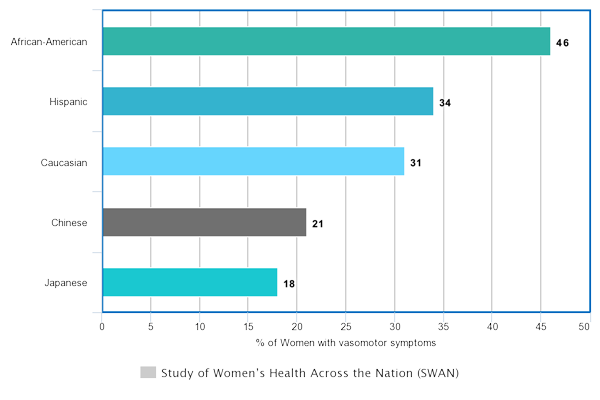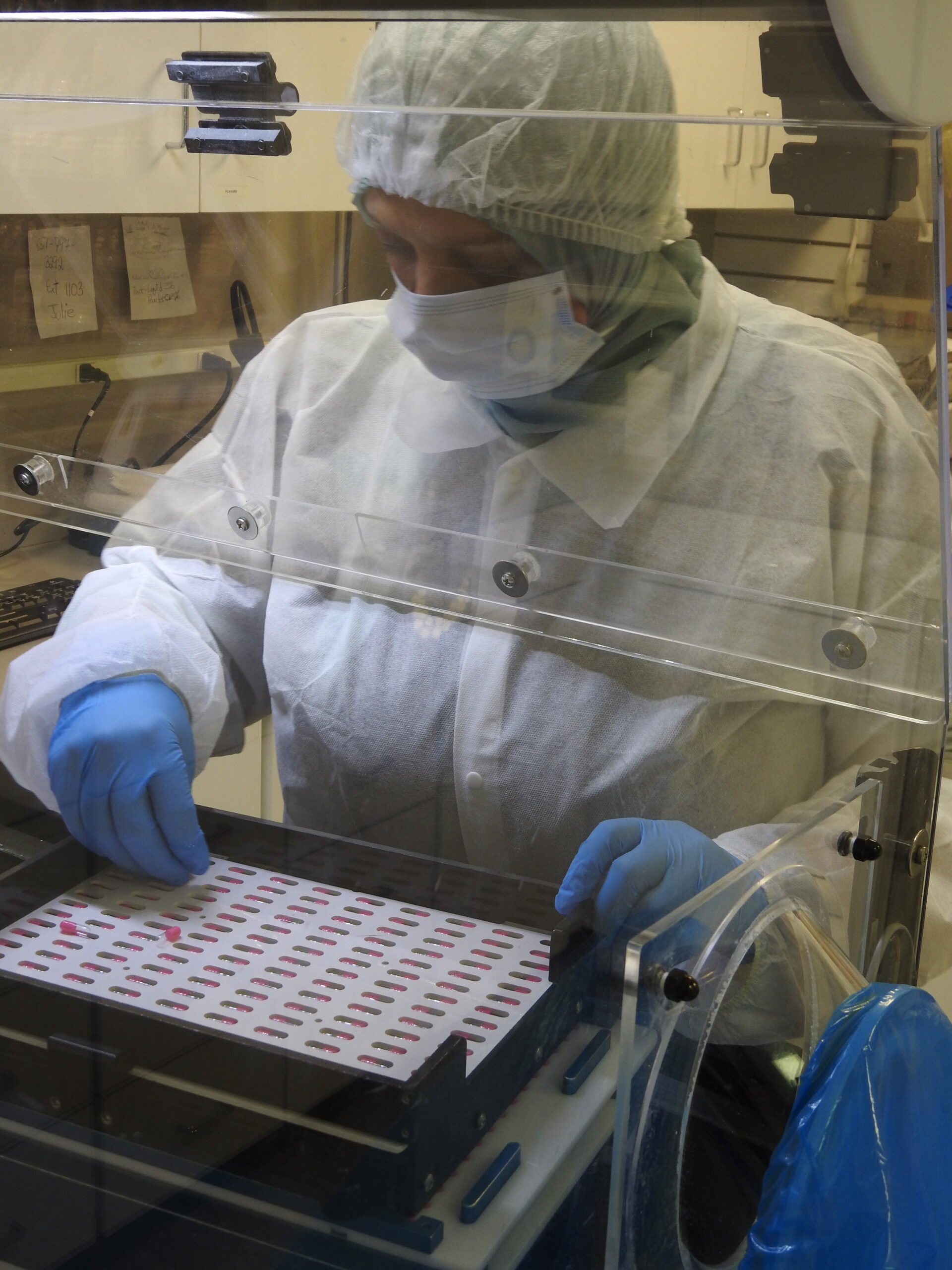Menopause & Vasomotor Symptoms
Vasomotor symptoms occur for some women right before menopause. These symptoms come in the form of hot flashes and night sweats. 35-50% of perimenopausal women have these symptoms, as well as 30-80% of post-menopausal women (1).
If a woman has not had her period for 12 consecutive months (after other physiologic or pathologic causes are ruled out), it means that she is in menopause.
Menopause is a result of natural aging, surgery, irradiation, or chemotherapy. The average age of women entering menopause in the United States is 52 years (2).
At Town & Country Compounding we specialize in compounding medications for women’s needs
Other Symptoms
The production of hormones declines as a woman nears natural menopause. This causes a number of symptoms.
- Vasomotor symptoms
- Changes in hair, skin, & nails
- Sexual dysfunction
- Mood swings
- Mental fog
- Sleep disturbances
Decreased progesterone and estrogen levels cause night sweats and hot flashes, and other symptoms such as vaginal and vulvar dryness. These symptoms are intrusive and can affect a woman’s overall wellbeing and quality of life.
How Long Does This Last?
Most women experience hot flashes for 6 months to 2 years. Some studies however indicate that 26% of women had hot flashes for 6-10 years and 10% had them for more than 10 years (1).
According to the Study of Women’s Health Across the Nation (SWAN), vasomotor symptoms are most common among African-American women (46%), followed by Hispanic (34%), Caucasian (31%), Chinese (21%), and Japanese (18%) women. Factors that may contribute to the prevalence of vasomotor and other symptoms are are lifestyle, genetics, stress, and even smoking.

The average life expectancy of women in the United States is 82.1 years of age for Caucasian females (4). Osteoporosis and heart disease are more common than before, and this may also increase in menopause. Because of this, more health care prescribers and their patients are looking into ways to address this, such as hormone therapy.
Living with the symptoms of menopause can be detrimental to your quality of life, when left ignored. Please contact Town & Country Compounding the New Jersey Experts in Bio-Identical Hormone Therapy (BHRT) to find the solution that fits your specific needs.
Ask your prescriber about compounded medications to address the symptoms of menopause. Town & Country Compounding is your trusted compounding pharmacy and are happy to help you get the help you need.
Addressing Symptoms of Menopause
Estrogen, with or without Progestogen (progesterone and progestin) have been used to manage menopausal symptoms for decades. These hormones have been the subject of controversy due to the conflicting results about their safety from multiple studies. However, these hormones are often used to help alleviate symptoms of menopause as well as to prevent osteoporosis and cardiovascular disease. To determine whether hormone therapy is a viable choice or not, many factors need to be carefully examined, such as overall health, the severity of symptoms, risk factors, and family medical history.
There are many alternative options based on what a patient’s need. If you’re experiencing menopausal symptoms and considering hormone therapy, consult your physician. Let your doctor and pharmacist help you through peri-menopause, menopause and beyond. There are non-hormonal and hormonal approaches, supplements, and lifestyle changes you can apply to get back on track.
You shouldn’t have to go through menopause alone. Get the help you need to alleviate your night sweats, hot flashes, sexual dysfunction, and more. Please contact Town & Country Compounding the New Jersey Experts in Bio-Identical Hormone Therapy (BHRT) to get your symptoms addressed.
Shop Town & Country Compounding Menopause Vitamins and Supplements
References
(1) The prevalence of hot flash and associated variables among perimenopausal women.
Res Nurs Health. 1985; 8(3):261-8 (ISSN: 0160-6891)
(2) National Institutes of Health State-of-the-Science Conference statement: management of menopause-related symptoms.
Ann Intern Med. 2005; 142(12 Pt 1):1003-13 (ISSN: 1539-3704)
(3) Relation of demographic and lifestyle factors to symptoms in a multi-racial/ethnic population of women 40-55 years of age.
Am J Epidemiol. 2000; 152(5):463-73 (ISSN: 0002-9262)
(4) CDC National Vital Statistics Reports, Volume 66, Number 4, August 14, 2017

